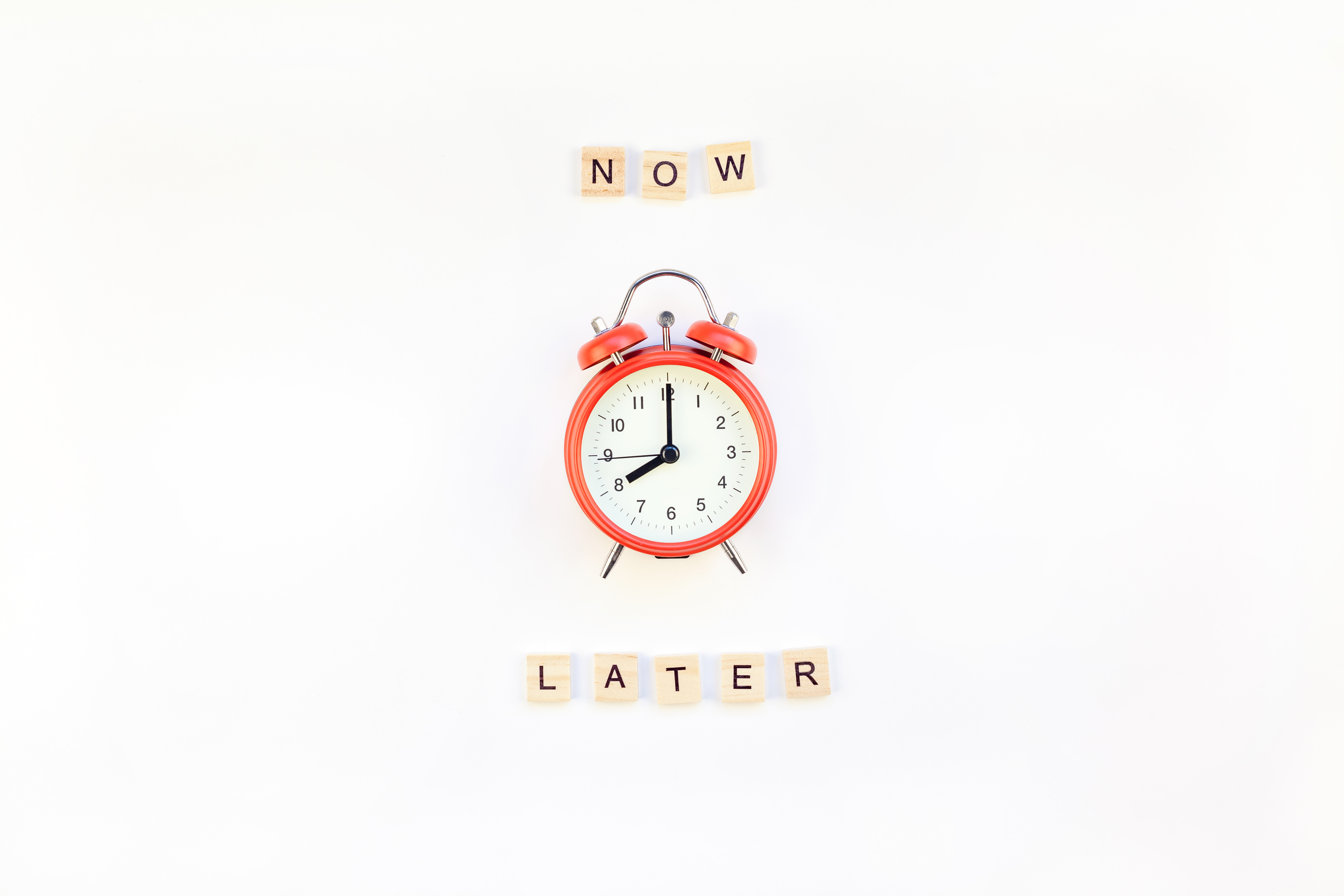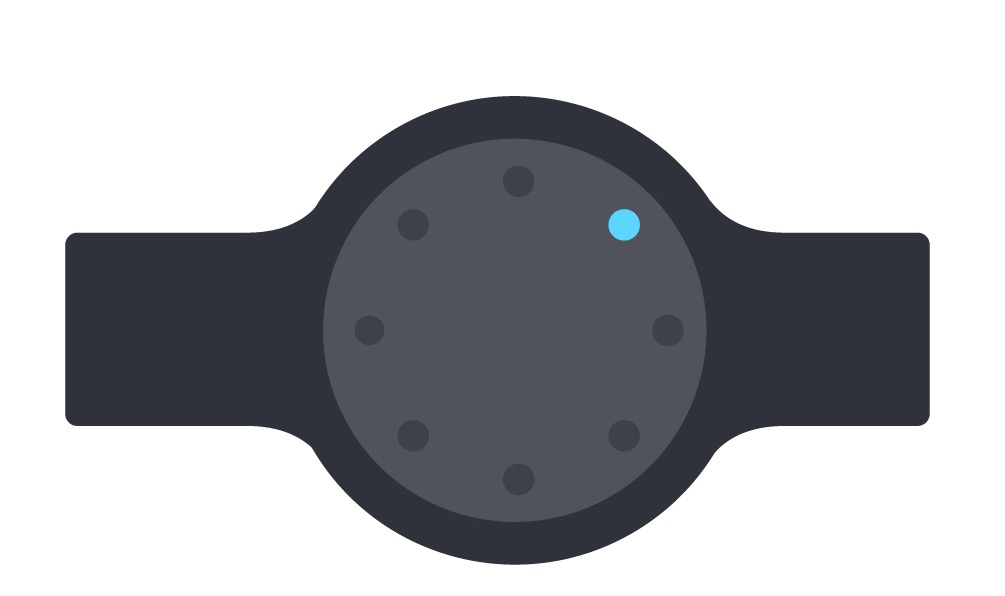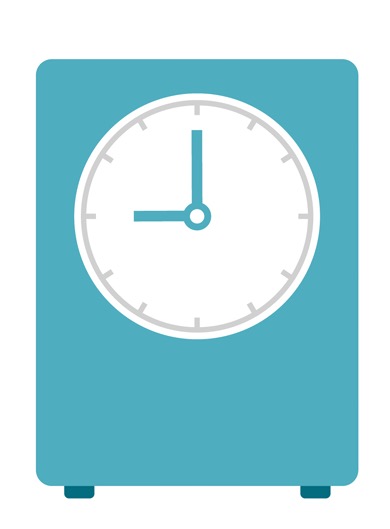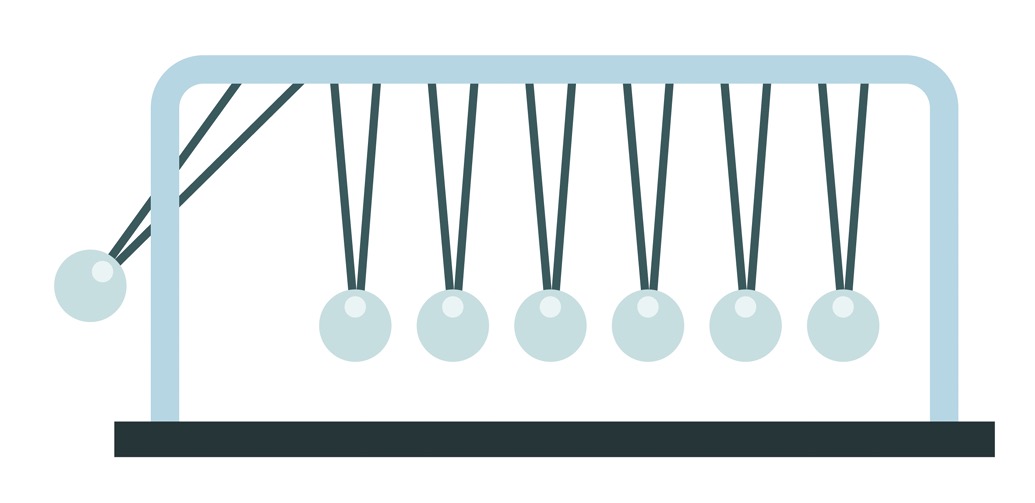steal the time
from your
dreams?
No more!
Steal it back!
PROCRASTINATION IS ABOUT EMOTIONS
Procrastination isn’t a black and white situation of not having enough time, not about to-do-lists you don't have time for - it is because ultimately procrastination is about emotions. A negative emotion about the task makes us do something else that keeps us happy in the moment.
Take a short moment and think of something you find yourself procrastinating about. Preferably something you have been pushing into the future for a while now. Got it? Great (well, to our purposes at least).
Now, listen to your feelings, when you think about this task you know you should complete, but just won’t be able to start.
Don’t you feel ill at ease? The emotion could feel as a physical sensation as well. Like a squeezing feeling in your pancreas, a constricted throat.
Perhaps you notice you do some instinctive movement like change your position in the chair and realise this is what you always do when a thought makes you feel uncomfortable?
Do you start clicking your ball point pen? Drumming with your fingers? Clear your throat? Push your hand through your hair? Start humming a meaningless tune?
All these are signs how your emotions affect you, even if you manage to push the emotion to the back of your mind in an effort to convince yourself there's nothing to worry about.
Procrastination is about emotions
and this makes us shy away from a task
And what do you instinctively do when you feel ill at ease?
Something else, of course. Something that temporarily soothes your negative feelings. It is called “mood repair”. We associate a job or a task with uncomfortable feelings - and so we start doing something that lifts our mood.
This is something not many people realise: that avoiding the task is actually avoiding that negative emotion. We think about the task we need to work on. The doing feels uncomfortable. It is simply an emotional coping strategy to shy away from this perceived unpleasantness.
So in the end it may not be the task itself you are avoiding, but your negative emotions. If you learn how to handle those feelings, you just might notice you no longer are the procrastinator you thought you were.
Our brains are simply wired so that we care more about our present comfort and mood than our future happiness. Perhaps in the past we had to be in a survival mode all the time and when a rare moment of comfort arose, evolution taught our brains to prefer that feeling over toiling for the future. Soon enough it would have been necessary anyway to get up, hunt or gather food, or protect ourselves against the dangers around.
We could say it is normal survivor behaviour to avoid things that cause you anxiety. In the past it may have been something that hunted you, and your every instinct told you to hide when something made you feel uneasy. Your whole life could have depended on it. Those who were cautious, survived. Their offspring were taught this survival mode. You are at the end result of your cautious family tree with roots in the distant past. And so - you procrastinate, because it comes instinctively to you.
When you realise this, you understand there is no need to feel guilty and think you are being lazy. You aren't. It is simply something the human brain has been doing for a very long time. And it is something you can learn away from.
Procrastination is about emotions:
an example from my life.

I studied for seven years for my MA alongside my day job. I managed to write several books (an illustrate them) as well (if you are interested, you find my author website here).
I managed to have a social life and keep myself fit by going for long walks and to the gym several times a week. Of course it required meticulous planning - I had my calendar with me all the time, and tweaked my time tables constantly.
But still - no matter how decisive I was about planning my time and sticking to these plans, I noticed the mood-repair-symptom in me.
When I needed to write my essays and weekly assignments, I knew I would have loved to just do Netflix on the couch. The idea of going to the computer when I was already tired after my day job was not pleasant. And the weekends - oh how lovely it would have been to just wake up and do anything I liked. But no. I needed to stick to my schedule or I would not have published a single book or graduated.
So, my reaction to do anything else gave me this instant urge to clean. Yes - even though I am not the best buddies with our vacuum cleaner (I once told friends our vacuum cleaner was green and Hubby dearest told me that if I’d go and check, I’d see it is white. And he was correct). I suddenly decided the woolly things under our couch (no, not the cats) were dangerous and our home needed cleaning right there and then. It gave me the feeling I was doing something that needed to be done.
And apparently I wasn’t the only student in our university study group who did this…
Click here to find ways to manage procrastination (coming soon).
Back to Procrastination main page



